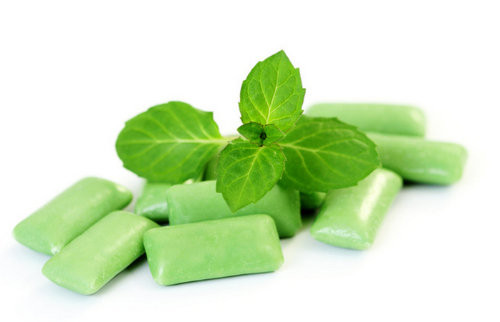Tips to avoid bloating and flatulence
Try these 10 super-helpful tips from Michael Jensen, MD, an endocrinologist and obesity specialist.
1. Avoid foods that cause constipation
When you eat foods low in fiber, low in liquid, and lack of exercise, it can lead to constipation and bloating. To minimize this phenomenon, you need to choose fruits and vegetables that contain a lot of fiber (25 grams per day for women and 38 grams for men). These can be foods from cereals, nuts, fruits...
In addition, according to Dr. Jensen, you should also drink plenty of water (6-8 glasses/day). Besides, you should also exercise at least 30 minutes/day, 5 times/week.
2. Do not eat foods that cause allergies and lactose intolerance
Lactose is a type of sugar found in animal milk. Lactose intolerance can cause diarrhea and bloating. If you suspect you are allergic to a certain food or drink or are lactose intolerant, see your doctor immediately.
If you experience diarrhea after drinking milk, try cheese and yogurt. These foods are low in lactose, but still good for your digestion.
3. Don't eat too fast
Eating too quickly or not chewing thoroughly can also cause bloating. Slow down and enjoy your food. Your meal should last at least 30 minutes.
A study shows that if you eat slowly, you will likely eat less. This is good for the stomach and also helps people who want to lose weight quickly.
4. Do not abuse carbonated drinks
When you drink a lot of carbonated drinks, the gas can get stuck in your stomach, causing you to feel uncomfortable and bloated. Instead of drinking soda, try lemon or cucumber flavored water, or simply reduce the number of carbonated drinks you drink each day. Some mint teas are also good for you when you have a bloated stomach.
5. Don't use too much chewing gum
Chewing gum can also cause you to swallow a lot of air into your stomach, causing bloating. If you have a habit of chewing gum every day, try chewing a piece of hard candy instead, it will be much better for your rumbling stomach. Besides, eat more fiber foods, fruit or low-fat popcorn.

Limit chewing gum, it can make you feel bloated and uncomfortable every day.
6. Limit sugary foods
Commercially available foods that are high in fat and sugary drinks are also not good for your digestive system. Experts recommend consuming no more than 2 or 3 servings of artificially sweetened foods and drinks a day.
7. Limit foods high in sodium
Processed foods that are high in sodium and low in fiber will leave you feeling sluggish and sluggish. Get into the habit of reading labels. When buying or preparing canned or frozen foods, look for no more than 500 mg of sodium in any one product, or a total of 1,500 to 2,300 mg of sodium per day.
It's best to look for products that clearly state low or very low sodium content on the label to be safer.
8. Gradually introduce beans and vegetables that cause bloating
Some people get bloating immediately when eating beans (soybeans, green beans, black beans...). Try switching to cauliflower, broccoli, and kale.
But that doesn’t mean you should give up beans or other bloating-causing vegetables. Eat them little by little, and your body will gradually adapt.
9. Eat smaller meals more often
Instead of eating just 3 large meals a day, try dividing your meals more frequently. This will help you control your blood sugar levels and avoid hunger. You can eat 5-6 small meals a day depending on your body's needs.
10. Try these anti-bloating products and drinks
Some studies have shown that peppermint tea, ginger, pineapple, parsley, and yogurt contain probiotics that are good for digestion and reduce bloating. They are all safe and beneficial products if used properly.
According to Ngoisao.net - PC






